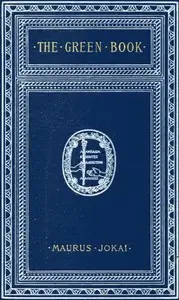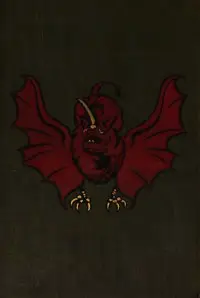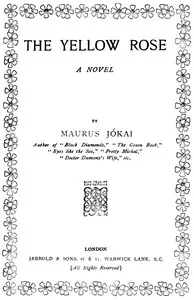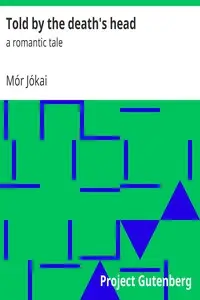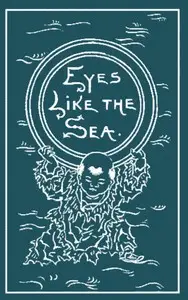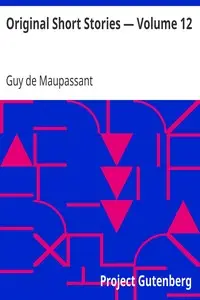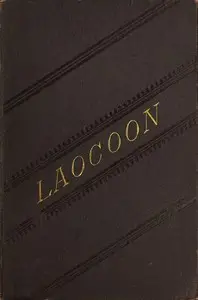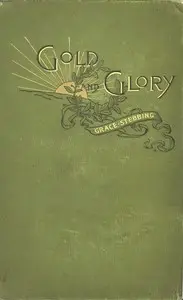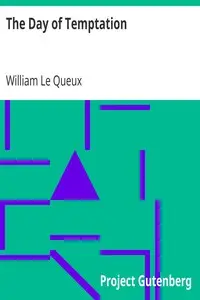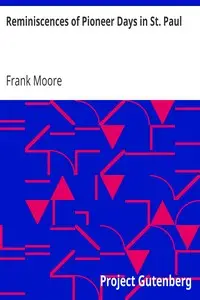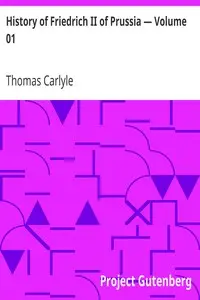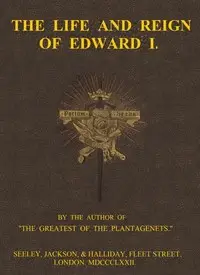"The Day of Wrath" by Mór Jókai is a novel, likely written during the late 19th century. The work explores the themes of despair, societal suffering, and the consequences of injustice, set against the backdrop of a tumultuous period in Hungary's history. The story revolves around the ominous "death-bird," an old woman whose prophecies foreshadow calamities for the village and its inhabitants, drawing attention to the external and internal conflicts faced by various characters. The opening of the novel establishes a bleak and eerie atmosphere in the village of Hétfalu, revealing three long-abandoned houses that serve as symbols of desolation. We meet Magdolna, the "death-bird," whose unsettling presence evokes fear and superstition among the villagers, as she possesses the unsettling ability to foresee death and misfortune. As ominous signs of a disaster loom, the townsfolk grapple with their superstitions and the deep-rooted despair of their circumstances. This introduces a world steeped in sentiment rather than rationality, hinting at both personal and communal tragedies to unfold as the narrative progresses. (This is an automatically generated summary.)
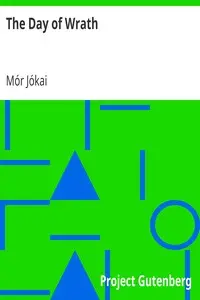
The Day of Wrath
By Mór Jókai
Translation of: "Szomorú napok"
Genres
Released
2007-11-24
Formats
epub
epub3 (images)
epub (images)
mobi
mobi (images)
Free Download
Overview
About the Author
Móricz Jókay of Ásva, known as Mór Jókai, was a Hungarian novelist, dramatist and revolutionary. Outside of Hungary, he was also known as Maurice Jókai or Maurus Jokai or Mauritius Jókai. He was a leader of the outbreak of the Hungarian Revolution of 1848 in Pest. His romantic novels became widely popular among the elite of Victorian England, where he was often compared to Charles Dickens by the press. One of his most famous admirers was Queen Victoria herself.
Total Reviews
10.0k
Total reviews from Goodreads may change


